They defied tradition, challenged authority, and changed the world in ways no one saw coming.
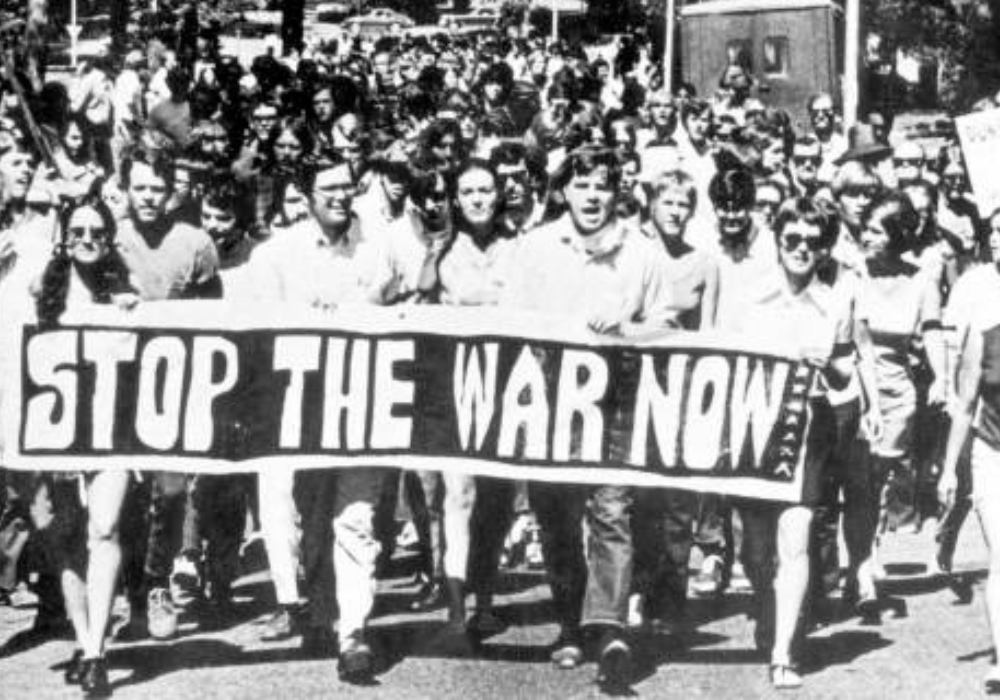
Parents were panicking, teachers were losing control, and society didn’t know what to do with the rebellious teens of the 1970s. This was the decade when young people started questioning everything—rules, traditions, and the expectations that had shaped generations before them.
They weren’t afraid to challenge authority, shake things up, and carve out a new path for themselves. Some called it defiance, others called it progress. Either way, there was no going back once ’70s teens started rewriting the rules.
1. Teens turned up the volume and made rock music a form of rebellion.

Music wasn’t just background noise in the 1970s—it was a movement. Teens cranked up their stereos, blasting Led Zeppelin, Pink Floyd, and The Rolling Stones, much to the horror of their parents. Concerts became wild, electrifying experiences where young people felt free to express themselves. Even punk rock emerged as a raw, aggressive pushback against mainstream culture. The more adults complained about the “devil’s music,” the louder teens played it. And they weren’t turning it down anytime soon.
2. They ditched dress codes and embraced wild, expressive fashion.

Long hair, ripped jeans, and tie-dye weren’t just fashion choices—they were statements. ’70s teens refused to conform to the buttoned-up looks of previous generations. Girls wore mini skirts, guys rocked bell-bottoms, and platform shoes reached ridiculous heights. Schools tried to enforce strict dress codes, but students pushed back, arguing for self-expression. The more outrageous the outfit, the bigger the message: They weren’t here to blend in. They were here to stand out.
3. They fought for more independence and pushed back against strict parenting.

Curfews? Chores? Obediently following the rules? Not for 1970s teens. This was the decade when young people started demanding more freedom—questioning authority at home and making their own choices. Parents who had been raised with strict, traditional values suddenly found themselves arguing with kids who didn’t believe they had to follow the same path. More teens moved out earlier, took control of their own futures, and proved they weren’t just going to blindly follow the rules.
4. They openly protested against war and refused to be silent.

The Vietnam War had already sparked massive protests in the ’60s, but ’70s teens weren’t done fighting for peace. High school and college students organized walkouts, marches, and sit-ins, refusing to accept the idea that war was just a fact of life. Many young men dodged the draft, some even fleeing the country. The message was loud and clear: They weren’t going to be pawns in political battles. They had voices, and they weren’t afraid to use them.
5. They embraced feminism and demanded equality for women.
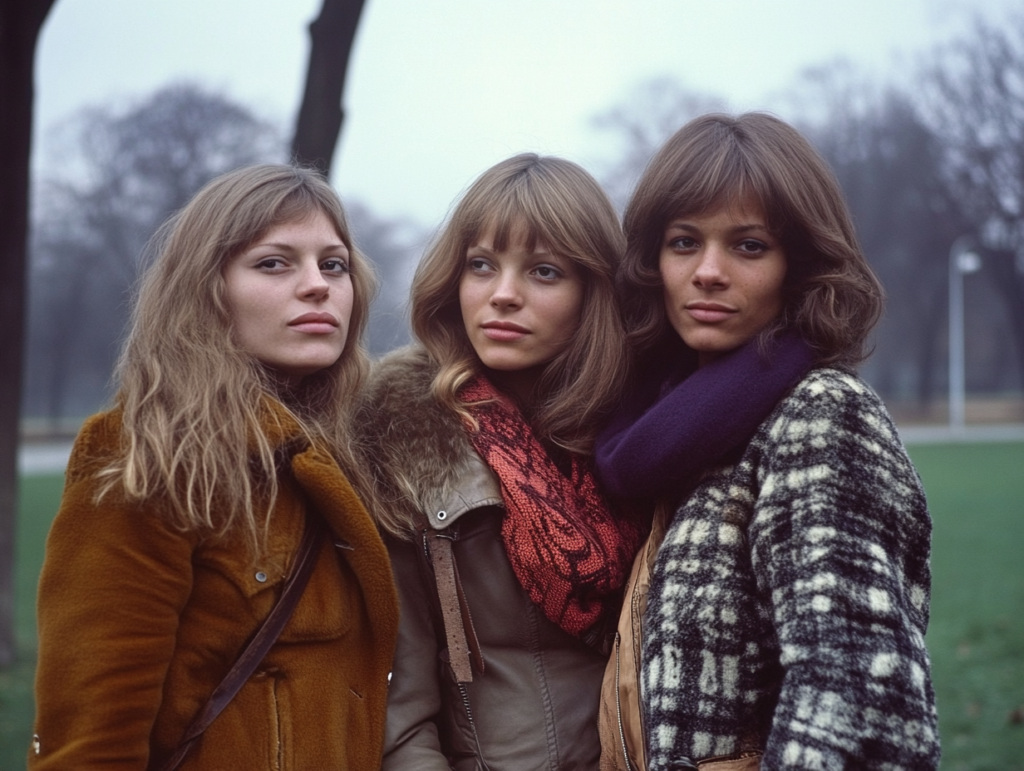
Teen girls in the 1970s weren’t satisfied with being told to settle down, play nice, and aim for marriage. They wanted careers, rights, and independence. Many joined the feminist movement, demanding equal pay, reproductive rights, and opportunities beyond being a housewife. Schools and workplaces weren’t ready for the shift, but that didn’t stop them. They fought for sports teams, protested sexist rules, and made it clear that women weren’t going to be held back anymore.
6. They redefined relationships and rejected old-school dating rules.
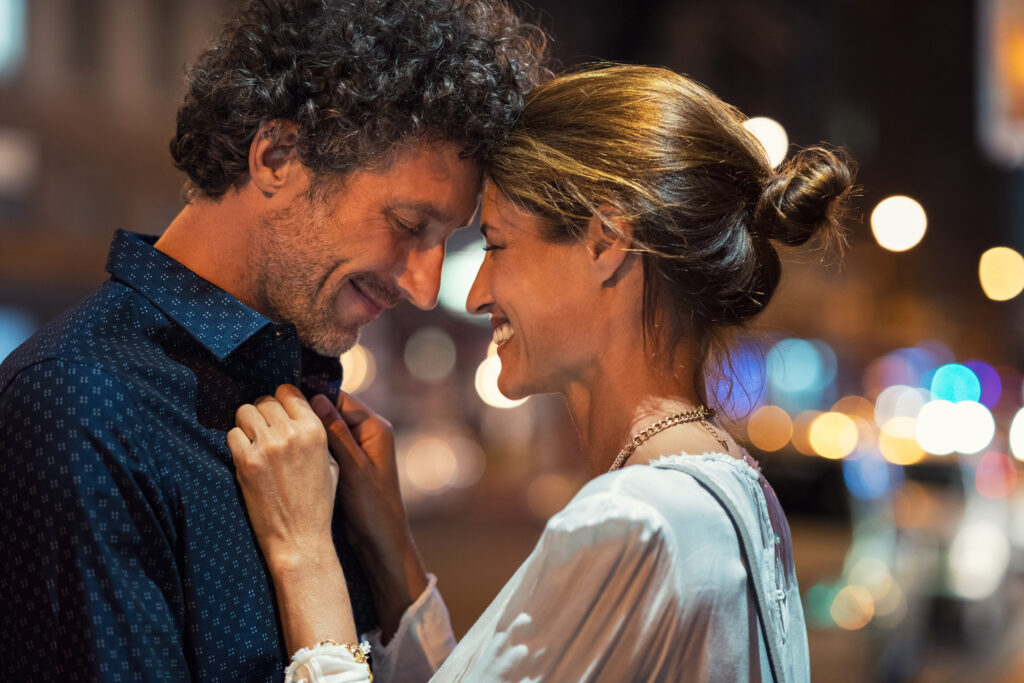
Going steady? Waiting for marriage? Sticking to outdated gender roles? Not for ’70s teens. They embraced more casual dating, cohabitation, and relationships built on personal freedom rather than obligation. The rise of birth control gave young people more control over their futures, and they weren’t afraid to break away from the conservative norms of their parents’ generation. Love, relationships, and even marriage started looking very different—and there was no turning back.
7. They challenged the idea that college was the only path to success.

For years, teens were told that a college degree was the only way to make something of themselves. But the 1970s saw a major shift. Some teens started questioning the value of higher education, especially as tuition costs rose. Others opted for trade schools, apprenticeships, or even the growing music and arts scenes. The idea that you had to follow a cookie-cutter path to success? ’70s teens weren’t buying it, and many took different roads to chase their dreams.
8. They rebelled against traditional gender roles and redefined masculinity and femininity.

Boys weren’t afraid to grow their hair long, wear flashy clothes, or openly show emotion. Girls weren’t afraid to take on roles that had traditionally been reserved for men. The rigid gender norms of previous decades started to crack, and teens led the charge. They questioned what it really meant to be masculine or feminine, rejecting the idea that people had to fit into a neat little box. Expression became more fluid, and individuality ruled.
9. They embraced counterculture lifestyles and rejected the idea of the “American Dream.”
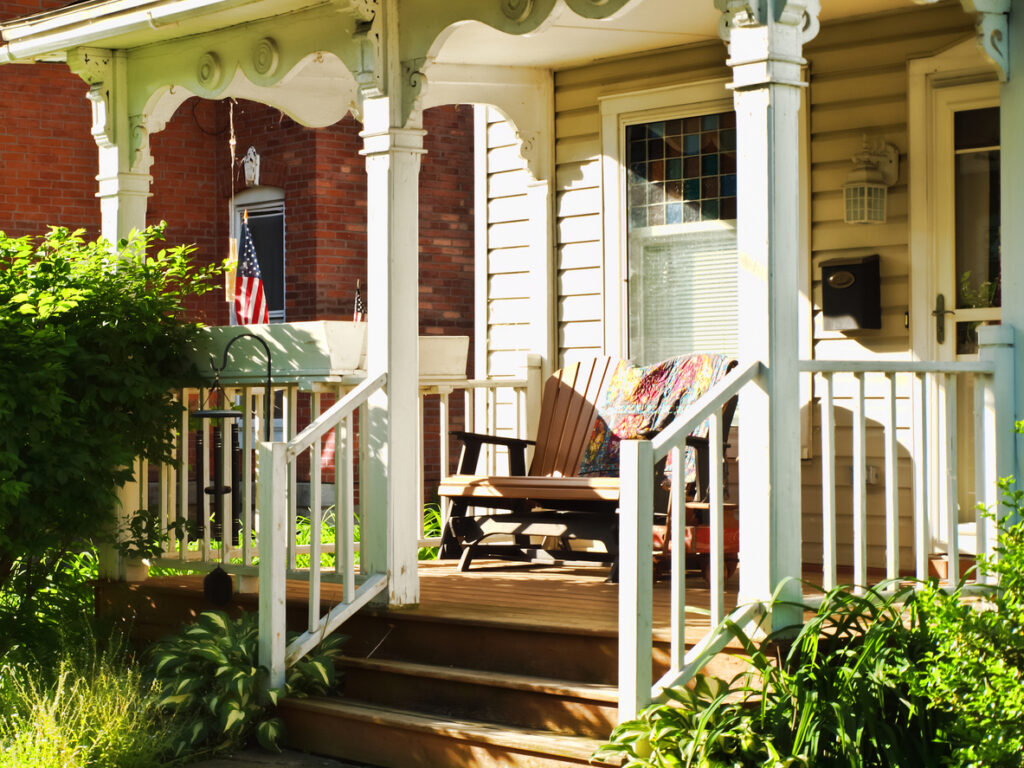
Owning a home in the suburbs, working a 9-to-5, and living a quiet, predictable life? That wasn’t the dream for many ’70s teens. Some hitchhiked across the country, joined communes, or lived out of vans. Others leaned into alternative lifestyles, practicing minimalism or rejecting materialism altogether. The idea of chasing wealth and status didn’t appeal to everyone, and many young people sought meaning outside of what society had told them to strive for.
10. They refused to stay silent about racial injustice.
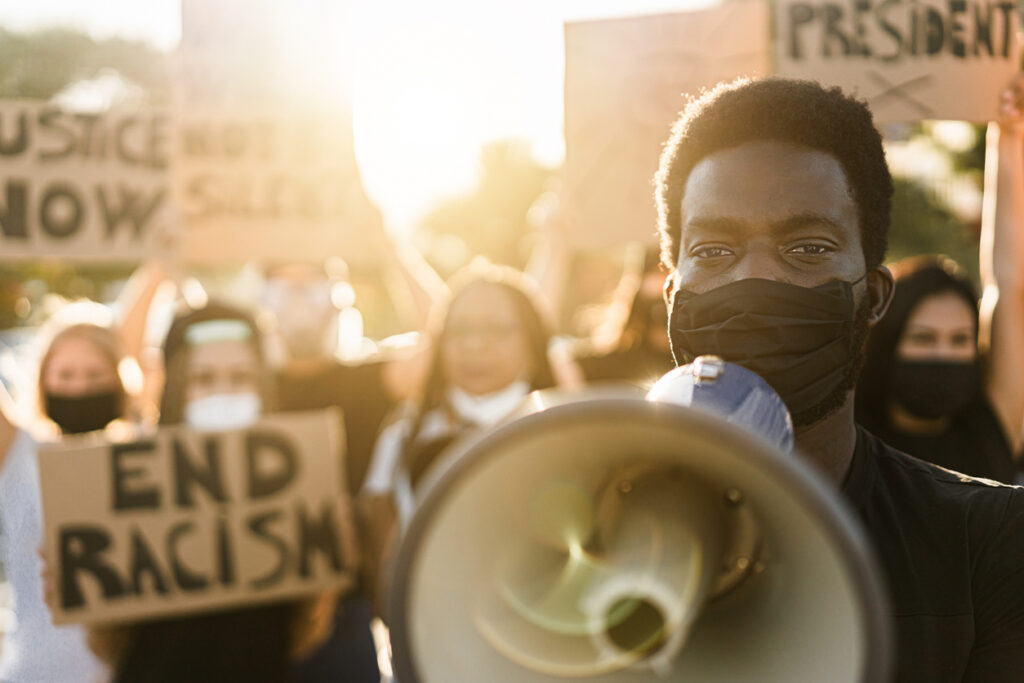
While the Civil Rights Movement had made major strides in the 1960s, ’70s teens kept the fight going. They stood up against segregation, police brutality, and systemic racism. High schools and colleges saw protests and demonstrations as young people demanded real change. Interracial dating and friendships became more common, despite resistance from older generations. The message was clear: Teens weren’t going to accept the status quo. They were going to fight for a more inclusive future.
11. They got political and weren’t afraid to take a stand.

Unlike previous generations, who were often told to “stay out of politics,” ’70s teens jumped right into the conversation. They protested, debated, and even got involved in grassroots movements. The Watergate scandal made them more skeptical of authority, and they started questioning everything—government, corporations, and the media. Being young no longer meant being uninformed. ’70s teens made it clear they weren’t just future voters—they were active participants in shaping the world around them.
12. They experimented with new spiritual and philosophical beliefs.

Traditional religion was no longer the only option. Many ’70s teens explored Eastern spirituality, meditation, and alternative philosophies. Some sought deeper meaning through Buddhism, Hinduism, or even New Age practices. Others walked away from religion altogether, embracing atheism or agnosticism. The idea that you had to believe what your parents did? That was fading fast. Teens wanted to think for themselves, search for their own truths, and connect with the world in their own way.
